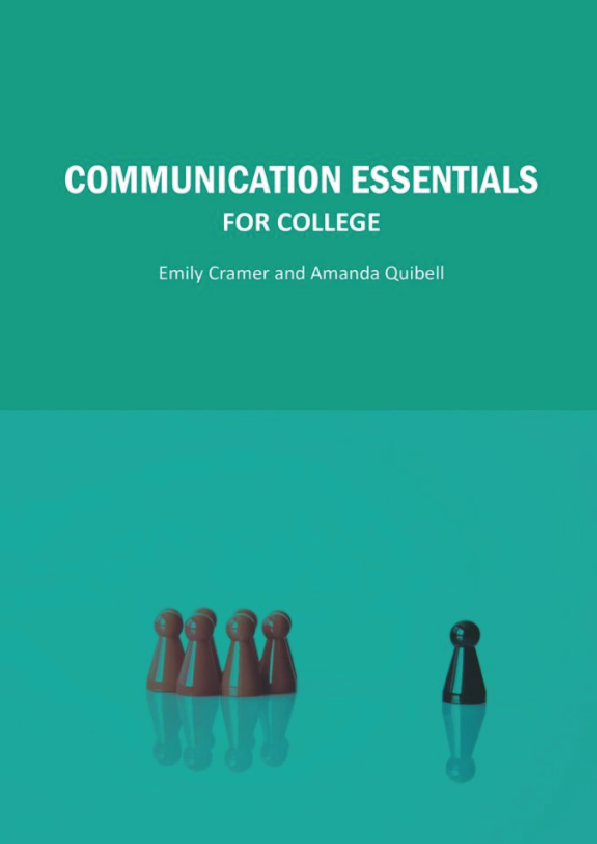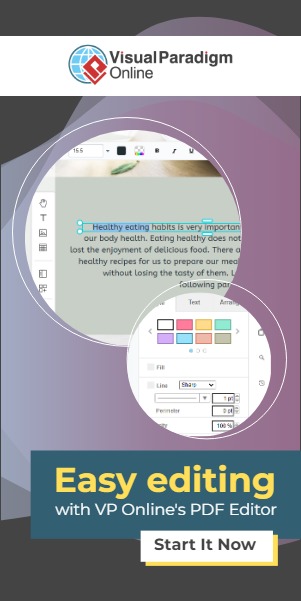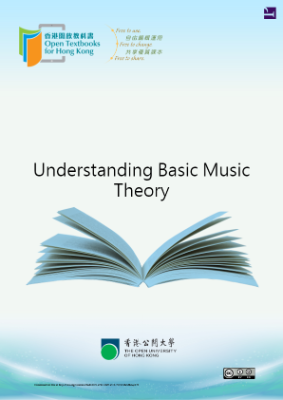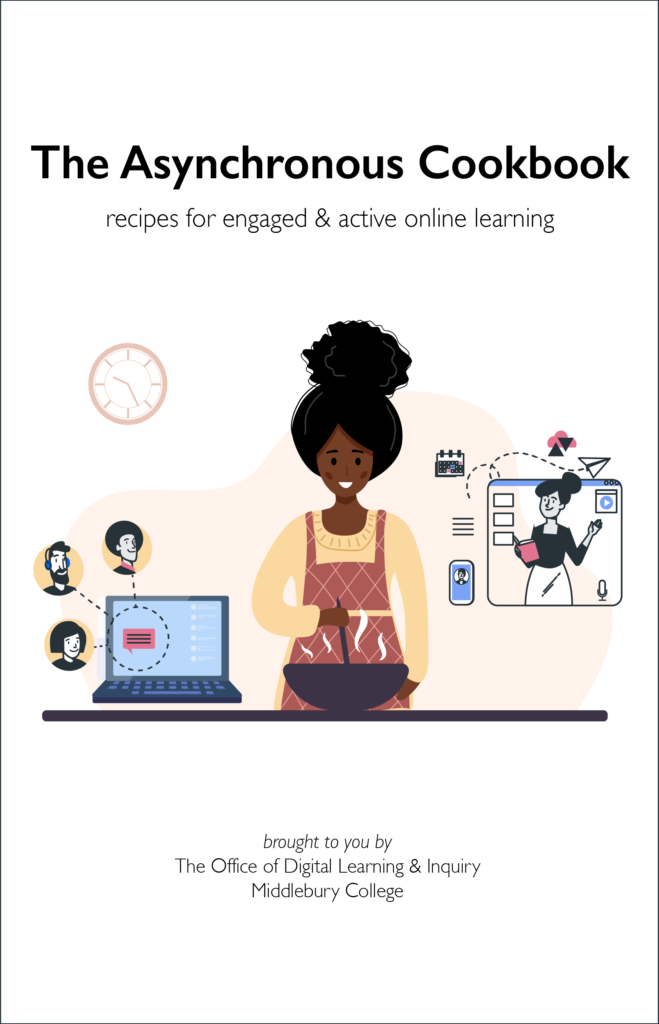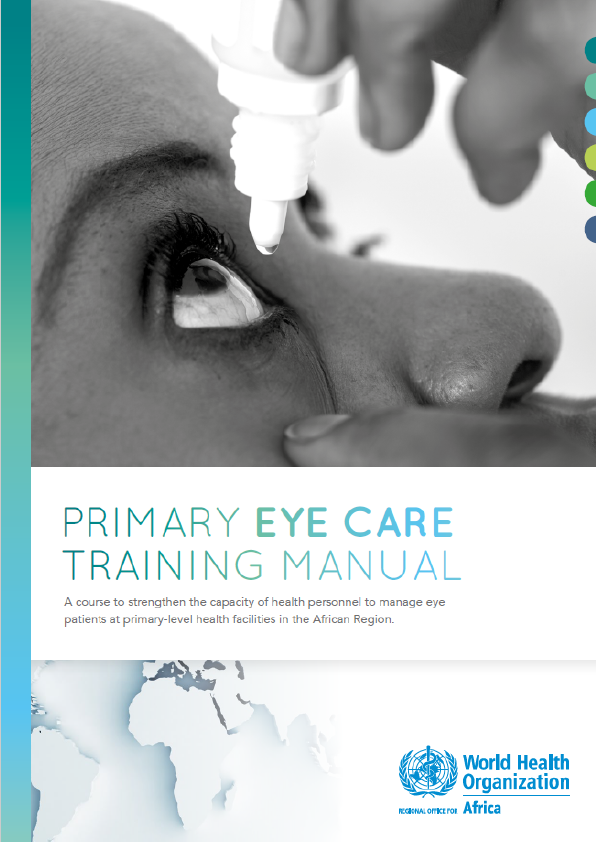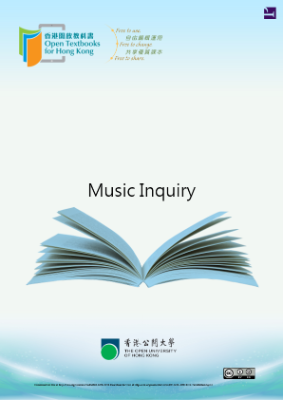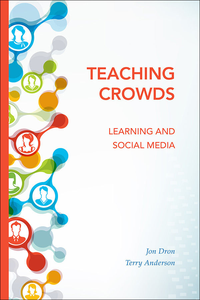Whether students enter their first-year college Communications courses right out of high school or with years of work experience behind them, they often fear being doomed to repeat their high school English class, reading Shakespeare and analyzing confusing poetry. Welcome relief comes when they discover that a course in Communications has nothing to do with either of those things. If not High School English 2.0, what is Communications all about, then?
For our purposes, Communications (yes, with a capital C and ending with an s) is essentially the practice of interacting with others in the academic world, the workplace and other professional contexts. While you are a college student, you will need to interact with scholarly sources and express your learning and ideas at an appropriate post-secondary level. When you embark on your career, absolutely every job—from A to Z, accountant to Zamboni mechanic—involves dealing with a variety of people all day long.
When dealing with various audiences, we adjust the way we communicate according to well-known conventions. You wouldn’t talk to a professor or client the same way you would a long-time friendly co-worker. If we communicate effectively—that is, clearly, concisely, coherently, correctly, and convincingly—by following those conventions, we can do a better job of applying our core technical skills, whether they be in sales, the skilled trades, the service industry, health care, the arts, and so on.
This isn’t to say that your high school English classes were useless; arguably the movement away from English fundamentals (grammar, punctuation, spelling, style, mechanics, etc.) in Canadian high schools does a disservice to students when they get into their careers. There they soon realize that stakeholders—customers, managers, co-workers, etc.—tend to judge the quality of a person’s general competence by the quality of their writing (if that’s all they have to go on) and speaking. The topic of Communications, then, includes aspects of the traditional English class curriculum, at least in terms of the basics of English writing and critical thought. But the emphasis always returns to what is practical and necessary for succeeding in the modern workplace—wherever that is—not simply what is “good for you” in the abstract just because someone says it is.
If you feel that you are a weak writer but an excellent speaker or vice versa, rest assured that weaknesses and strengths in different areas of the communication spectrum don’t necessarily mean that you will always be good or bad at communication in general. Weaknesses can and should be improved upon, strengths built upon. It’s important to recognize that we have more communication channels available to us than ever before, which means that the communication spectrum—from oral to written to nonverbal channels—is broader than ever. Competence across that spectrum is no longer just a “nice to have” asset sought by employers, but essential to career success.
Communication Skills Desired by Employers
If there’s a shorthand reason for why you need communication skills to complement your technical skills, it’s that you don’t get paid without them. You need communication and “soft” skills to get work and keep working so that people continue to want to employ you to apply your core technical skills. A diverse skill set that includes communication is really the key to survival in the modern workforce, and hiring trends bear this out.
In its Employability Skills, the Conference Board of Canada lists “the skills you need to enter, stay in, and progress” in the 21st century workplace. The first category listed is communication skills, specifically how to:
- Read and understand information presented in a variety of forms (e.g., words, graphs, charts, diagrams)
- Write and speak so others pay attention and understand
- Listen and ask questions to understand and appreciate the points of view of others
- Share information using a range of information and communications technologies (e.g., voice, e-mail, computers)
- Use relevant scientific, technological, and mathematical knowledge and skills to explain or clarify ideas (Conference Board, n.d., para. 2)
In other words, the quality of your communication skills in dealing with the various audiences that surround you in your workplace are the best predictors of professional success.
